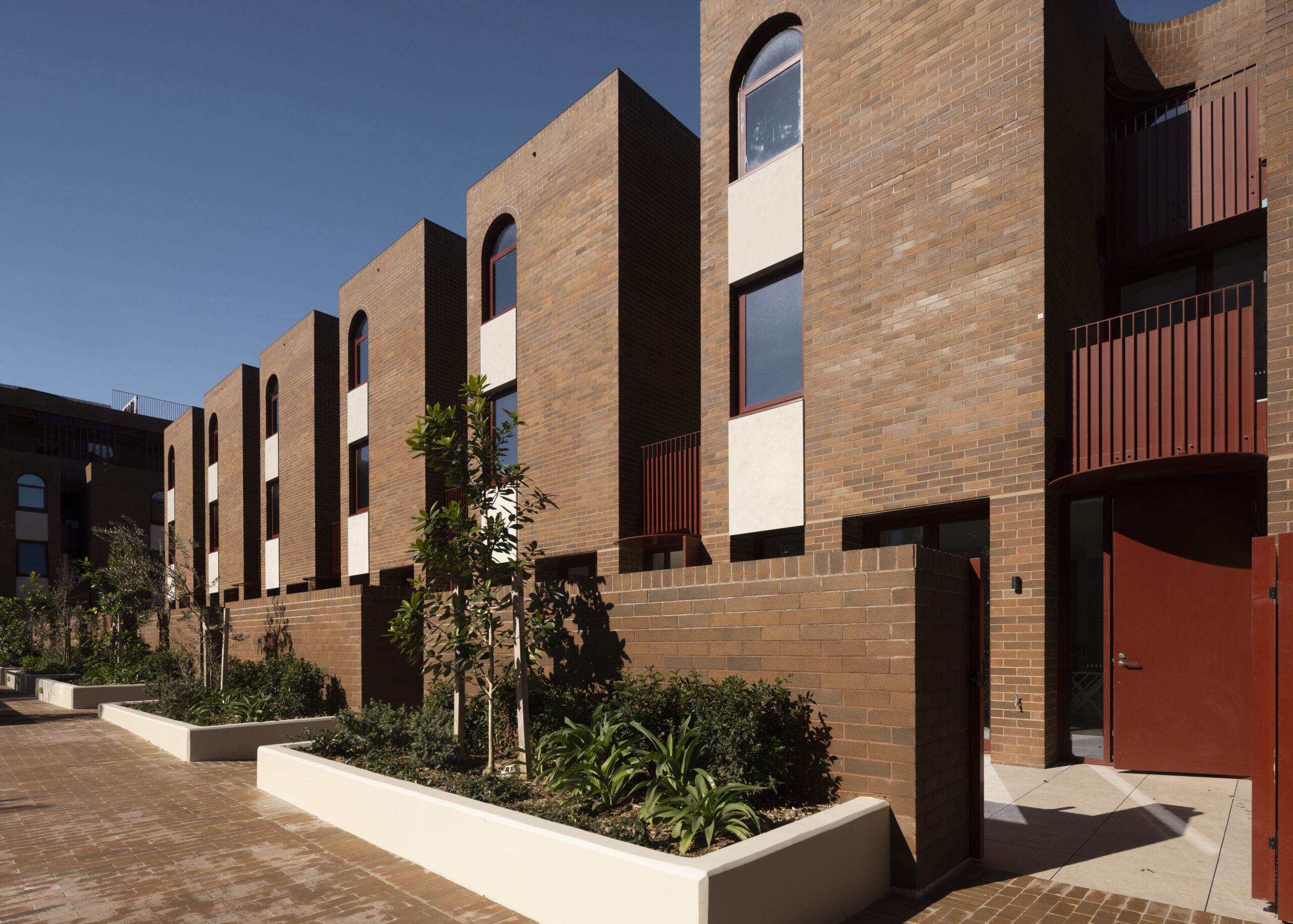
The Property Council of Australia today welcomed the strong, cyclical economic results in the Federal Budget but warned the government must match its targeted approach to migration with the same focus on housing investment and better planning across the country.
The budget highlighted the strength of net overseas migration (NOM) over the next five years, amounting to almost 1.5 million people, but also the extent of the housing supply crisis in Australia, with dwelling investment levels predicted to drop significantly, revised down from a forecast minus one per cent growth to minus 3.5 per cent in 2023/24.
The Property Council welcomed the $1.3 billion dollar investment in home energy efficiency through the Household Energy Upgrade Fund outlined in the budget, as well as the focus on cities through programs for investments in suburbs and precincts alongside a National Urban Policy to help better plan our cities.
Property Council Chief Executive Mike Zorbas said the government’s decision to increase skilled migration was a positive one, but warned the issue of housing lingers as a major handbrake on the necessary flow of skilled migrants and the quality of life for all Australians.
“Reviewing the budget: growing our national skills base to keep the economy firing, tick, build-to-rent housing, tick, cities policy, tick, energy efficiency incentives, tick. Investment in housing, question mark,” Mr Zorbas said.
“Skilled migrants have been central to Australia’s economic success story for generations, filling critical job vacancies in important sectors, and making valuable contributions both economically and socially.
“The population growth outlined in this budget highlights the need for faster and better housing delivery and planning across our cities. The Senate should strongly consider passing the government’s Housing Australia Future Fund this week to end current delays in delivering 40,000 new social and affordable homes across the nation.
“We also note the game-changing investment in the energy performance of Australian homes, which will help households slash energy bills and help the country reach its net zero goals,” he said.
Mr Zorbas commended the government for lowering the Managed Investment Trust withholding tax rate to 15 per cent for build-to-rent housing investment, in line with investment in other property asset classes, and raising depreciation from 2.5 per cent to 4 per cent, from 1 July 2024. This measure should be brought forward to 1 January 2024. The next public policy improvement will be a tax rate of 10 per cent for Affordable ‘Key Worker’ Housing (rent at 20 per cent below market).
“The government’s decision to level the tax playing field for build-to-rent projects is a significant one, unlocking up to 150,000 new homes to relieve pressure in the rental market,” Mr Zorbas said.
“Build-to-rent housing, like purpose-built student accommodation and retirement living, is an important part of the national housing equation and provides tenants with long-term security of tenure, superior amenities, and professionally managed properties,” he said.
Mr Zorbas said the government’s decision to boost Commonwealth Rent Assistance was a wise move, which over coming years should be extended to benefit more people in retirement villages. In contrast, recently aired proposals to introduce rent capping would directly reduce the provision of new housing stock. He also noted the need to boost student accommodation.
“The government has made changes to international student visa settings and employment rules, acknowledging how critical international students are to the economy, but we need to explore new measures to help grow the supply of purpose-built student accommodation to relieve pressure on the private rental market,” Mr Zorbas said.
Mr Zorbas cautioned that 1 July 2023 changes to Thin Capitalisation rules, in their current form, will unintentionally reduce much needed investment in new Australian housing. He flagged that the recent Treasury consultation process had exposed significant and unintended flaws in the proposed operation of the legislation and noted the property industry was looking forward to conclusive discussions with the government to preserve increased investment into much needed new housing in capital and regional cities across Australia.
“The unintended consequences of changes to the ‘thin capitalisation’ investment rules risk undoing the good work that the Treasurer and Housing Minister are seeking to deliver on housing, including hampering the emerging build-to-rent asset class which is necessarily reliant on capital partnering and third-party construction financing,” Mr Zorbas said.



